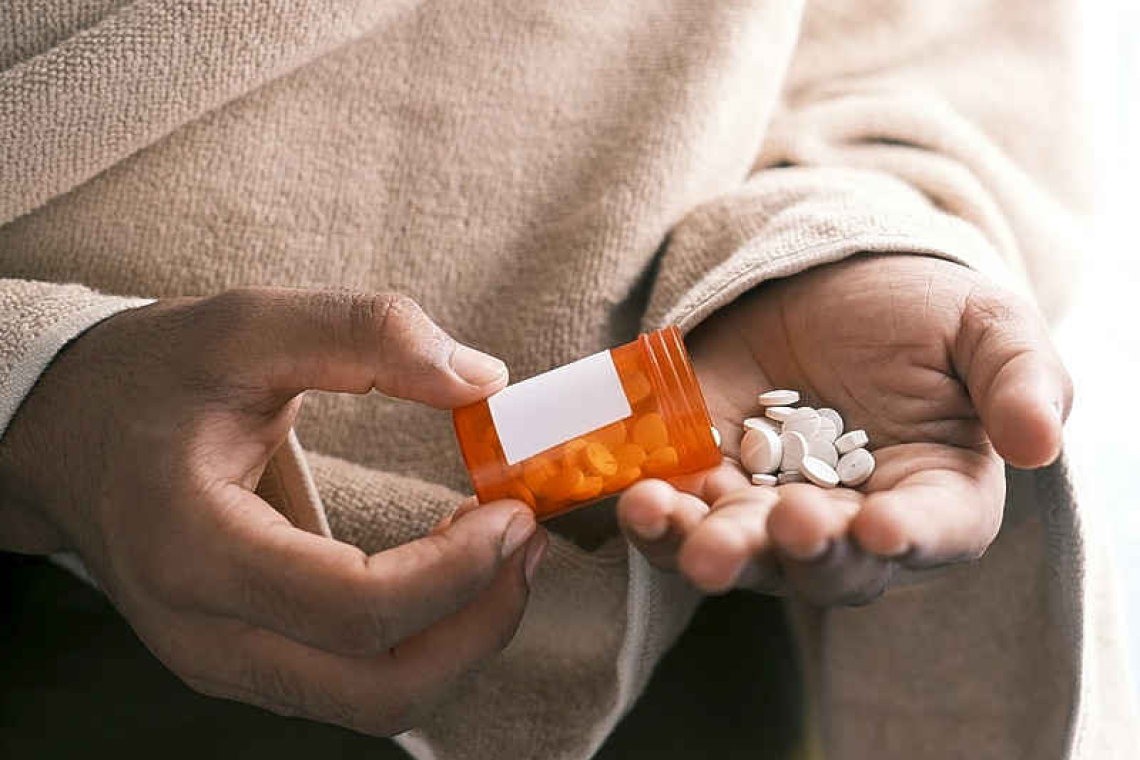Taking medication at the correct time is just as important as taking the correct dose. Whether you’re managing chronic illness, recovering from an infection, or just dealing with seasonal allergies, understanding when to take your medication can make a big difference in how well it works – and how well you feel. Below, we explore the best times of day to take common types of medication, and why timing matters.
Blood pressure medications: Studies suggest that taking blood pressure meds at night may better control blood pressure over a 24-hour period and reduce cardiovascular risks. However, not all medications apply. Some medications are typically more effective at night due to how they affect nocturnal blood pressure or to reduce side effects during the day, and others are better tolerated or more effective when taken during the day. However, individualization is key to adjust based on your 24-hour blood pressure, comorbidities, and medication interactions.
Cholesterol-lowering drugs: Cholesterol production in the liver is highest at night, so taking statins like simvastatin in the evening is generally more effective as these statins have shorter half-lives (how long it stays active in your body) – unless you’re on a long-acting statin like atorvastatin, which can be taken any time. These have longer half-lives, so they stay in your system all day, making timing less important. Avoid grapefruit juice (especially with atorvastatin, simvastatin) – it can raise statin levels in your blood and increase side effects.
Antibiotics: Best time depends on the prescription, stick to evenly spaced intervals. The goal is to maintain a constant level of the drug in your body. Antibiotics are most effective when levels are kept stable in your body. That’s why timing is crucial. Always follow exact instructions, and don’t skip doses. Complete the full course even if you feel better, finish all doses unless your doctor says otherwise – stopping early can cause infection to return and resistance to develop.
Thyroid medication (levothyroxine): Best time is morning on an empty stomach with a full glass of water. Take at least 30-60 minutes before breakfast or any other medications. This helps ensure absorption because your body absorbs it best on an empty stomach. Absorption can be reduced by food, so taking it before meals ensures it gets absorbed properly.
Diabetes medications:
Oral medications – Best time varies as some medications are taken before meals to help control blood sugar spikes (like short-acting insulin), while others are taken with food to avoid gastrointestinal side effects (like metformin). Timing should be personalized based on the specific medication and patient’s meals. Try to take your medication at the same time every day.
- Monitor blood sugar: Keep track of your blood sugar levels regularly, especially if your medication is new or if you’re adjusting dosages.
- Don’t skip doses: Skipping a dose could cause your blood sugar to go too high or too low.
- Drink plenty of water to avoid dehydration.
Injectable medications – Timing depends on type, so ask your pharmacist!
- Rapid-acting insulin is usually injected right before or after meals to control post-meal blood sugar spikes.
- Long-acting insulin is typically injected once a day at the same time, often at night or in the morning.
- GLP-1 Agonists can be taken once weekly (long-acting) or once daily (short-acting), depending on the specific medication.
Pain relievers: While pain relievers can generally be taken any time like paracetamol, non-steroidal anti-inflammatory drugs like Ibuprofen (Advil, Motrin), Naproxen (Aleve) should be taken with food to avoid irritation, stomach pain.
Sleeping pills: Best time is 30 minutes before bedtime. Taking sleep aids too early can make you drowsy at the wrong time, while taking them too late can interfere with your ability to wake up refreshed.
Allergy medications (antihistamines): Drowsy antihistamines (like Benadryl) are best taken at night. Non-drowsy antihistamines (like loratadine or cetirizine) are usually taken in the morning.
Always swallow your oral pills with water. If you swallow it without liquid, it can get stuck in your throat or cause irritation. Taking your medications correctly is just as important as taking them at all. Timing your medications correctly can greatly improve their effectiveness and reduce side effects.
Note: This is general advice. If you’re ever unsure about how or when to take something, reach out to your pharmacist – we’re your most accessible healthcare partner. Your pharmacist can provide specific advice tailored to you.
This information is provided by the Pharmacist Association of Sint Maarten (PAS). PAS is dedicated to improving the quality of pharmaceutical care on the island. All pharmacies on the Dutch side of Sint Maarten are proud members of PAS.







